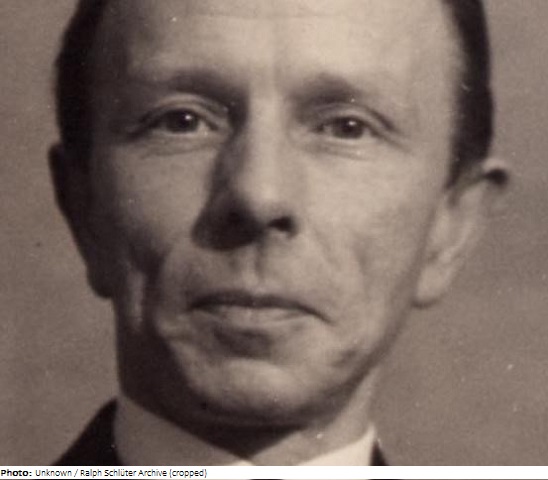
| Roles | Competed in Olympic Games (non-sport events) |
|---|---|
| Sex | Male |
| Full name | Éamonn (Edward Joseph-)•Ó Gallchobhair (Gallagher-) |
| Used name | Éamonn•Ó Gallchobhair |
| Other names | Eamonn O'Gallagher |
| Born | 30 September 1906 in Dundalk, Louth (IRL) |
| Died | 27 December 1982 (aged 76 years 2 months 27 days) in Alicante, Alicante (ESP) |
| NOC |  Ireland Ireland |
Éamonn Ó Gallchobhair (anglicized as O’Gallagher) studied in Dublin at the Leinster School of Music and the Royal Irish Academy of Music. In the late 1940s he briefly conducted the Radio Éireann Light Orchestra (now the RTÉ Concert Orchestra).
In 1962 Ó Gallchobhair took the position of conductor of the Abbey Theatre Ensemble, which he held until its disbandment. He also worked as a teacher of composition. In his old age he lived with his wife temporarily in Spain and Italy. Ó Gallchobhair was a prolific composer of songs, piano and chamber music, as well as an arranger of traditional Irish music. He also played himself in various orchestras and groups. During his lifetime, his music was very popular.
Unlike composers such as Aloys Fleischmann or Brian Boydell, Ó Gallchobhair rejected contemporary styles and argued that even Irish art music should be based on traditional music. From 1935 Ó Gallchobhair wrote 11 ballets on folk themes, and later five light operas or operettas on Irish librettos, and became nationally known for music for Hollywood films, including The Rising of the Moon based on Irish originals and directed by John Ford (1894–1973).
One of Ó Gallchobhair’s ballets was Peter Street, described as a “dance drama” like all his ballets, in fact a comic pantomime based on a book by Irish cellist, conductor and librettist Seán Delamere. The latter was also the conductor of premiere in 1938.
| Games | Discipline (Sport) / Event | NOC / Team | Pos | Medal | As | |
|---|---|---|---|---|---|---|
| 1952 Summer Olympics | Art Competitions |  IRL IRL |
Éamonn Ó Gallchobhair | |||
| Music, Compositions For Orchestra, Open (Olympic (non-medal)) |